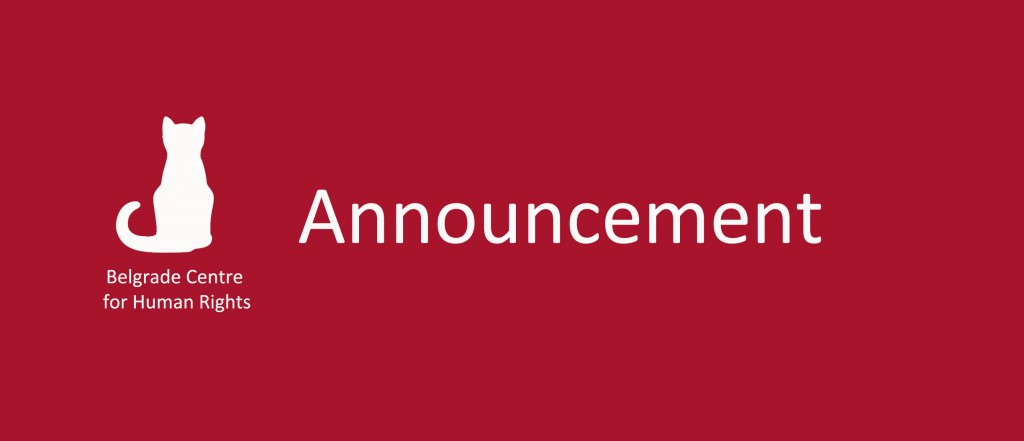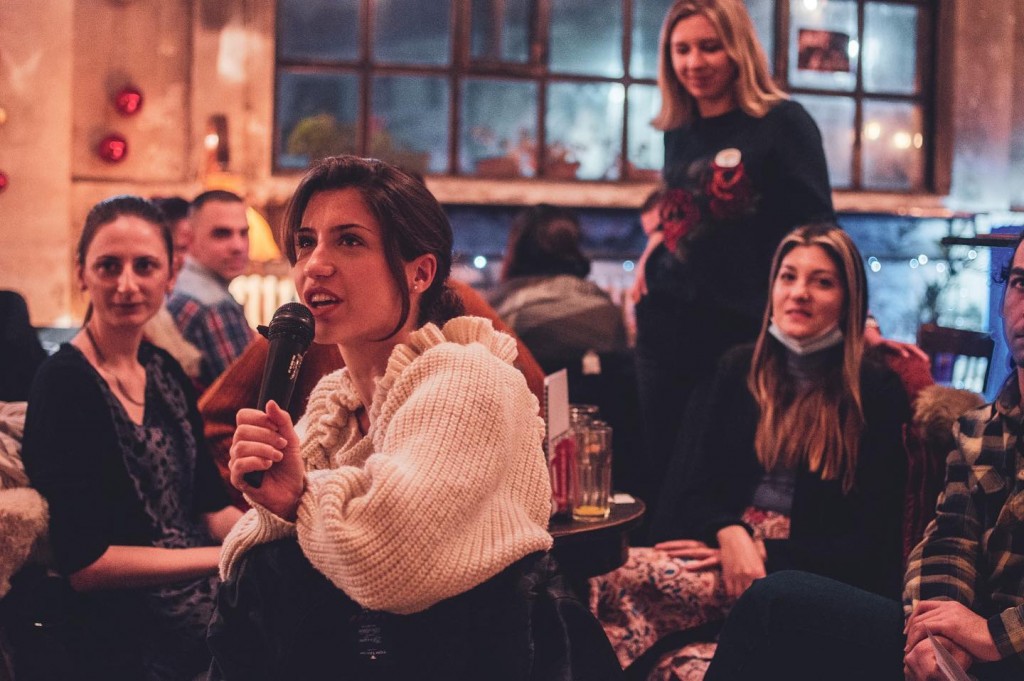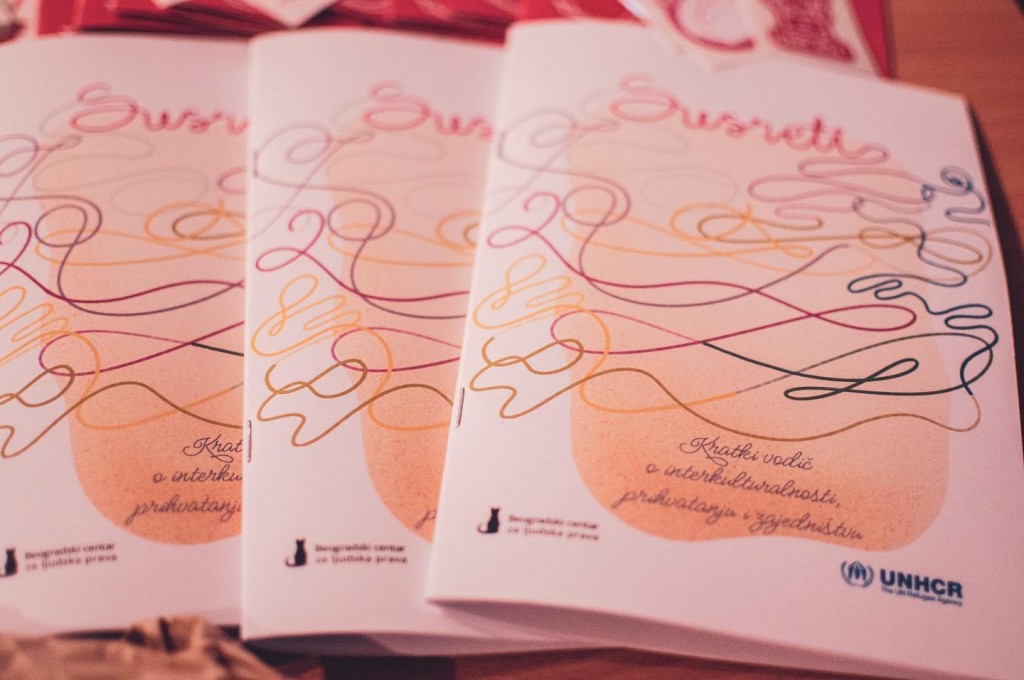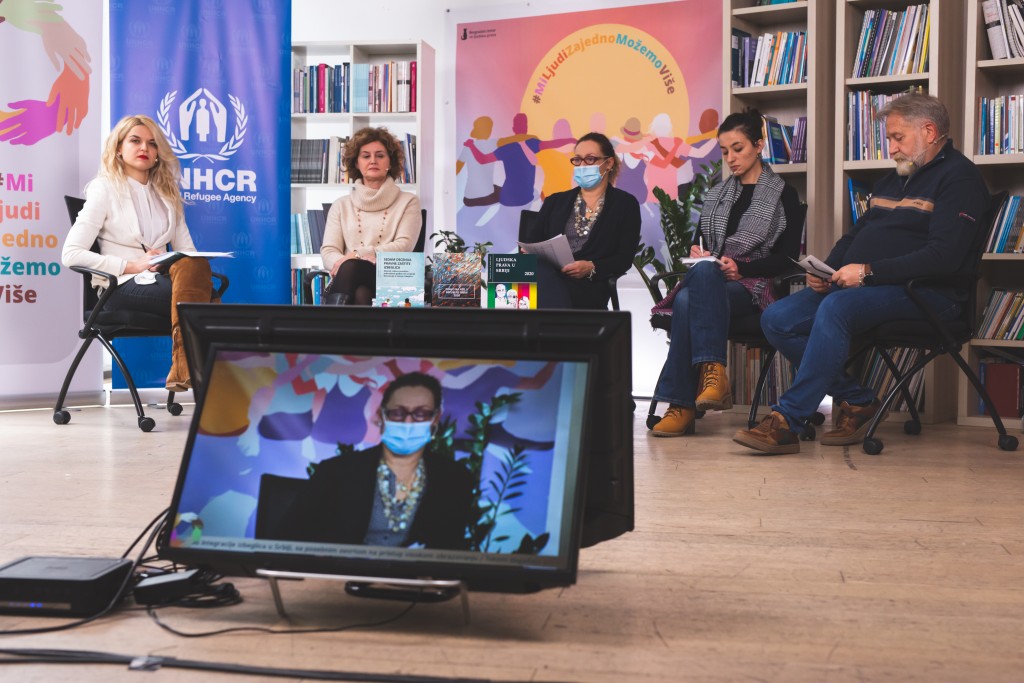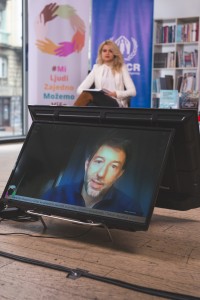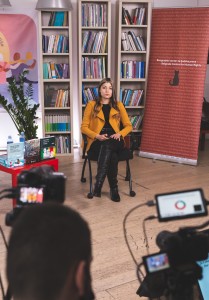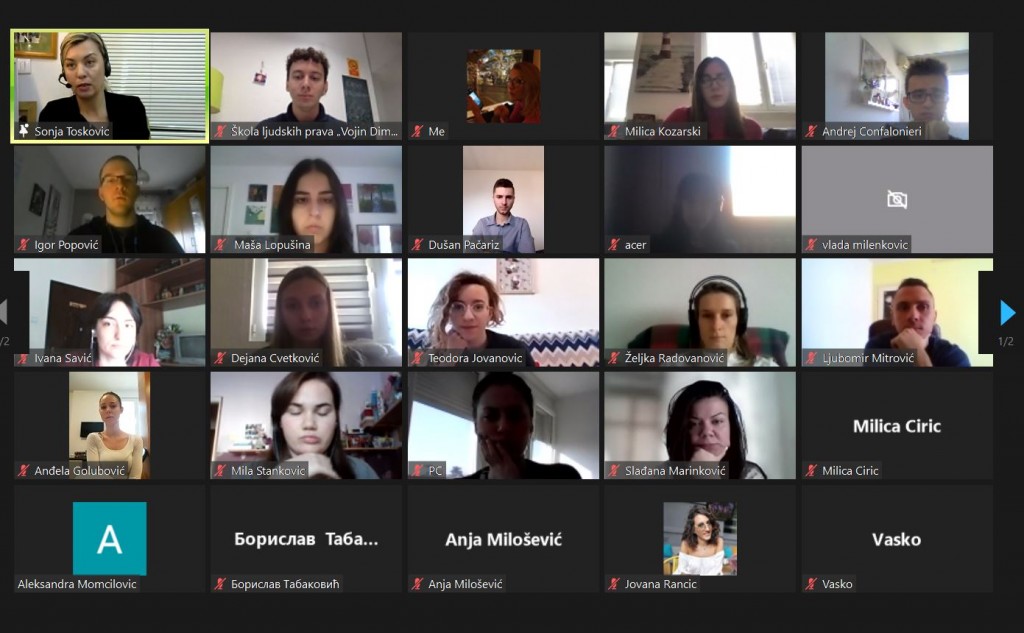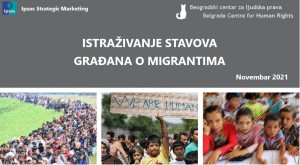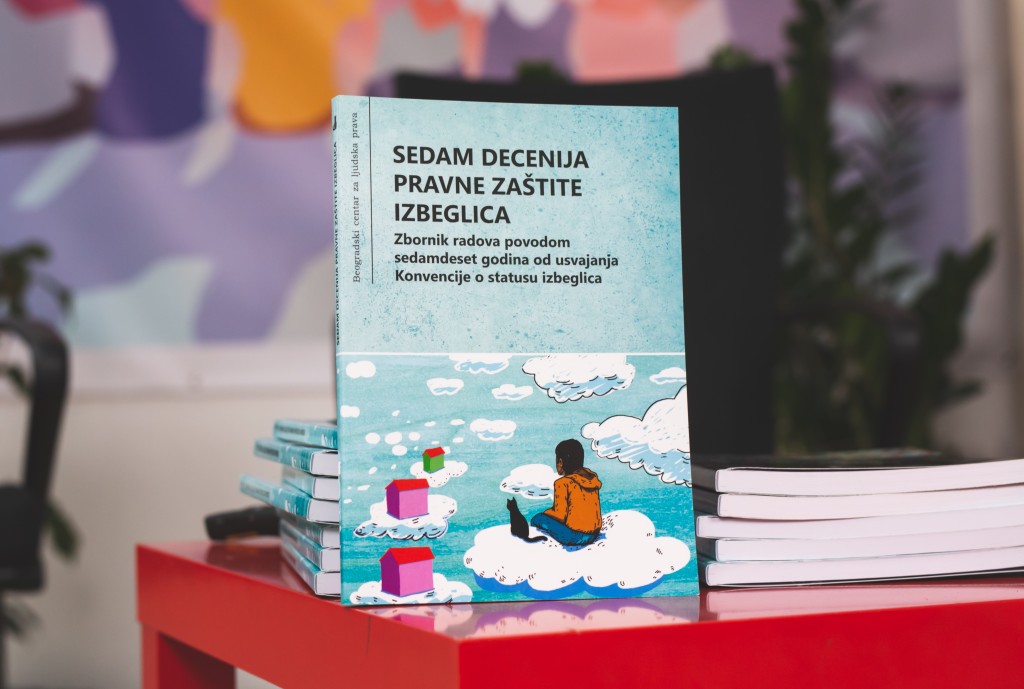Serbia wrongfully extradited Bahraini national despite European Court of Human Rights interim measure
The Republic of Serbia this morning extradited to Bahrain its national, despite the interim measure imposed by the European Court of Human Rights (ECtHR) on Friday, 21 January 2022 in response to a request submitted to this Court by the BCHR and the man’s lawyers. The man was held in pre-trial detention in Serbia since November 2021, although he expressed the intention to seek asylum to the relevant authorities during the extradition procedure, claiming that he was at risk of being subjected to torture and political persecution if returned to his country of origin. Despite the ECtHR’s interim measure indicating that Serbia should refrain from extraditing him until 25 February and the completion of the proceedings before this Court, Serbia extradited the man, thus violating not only the decision of the Strasbourg court, but a number of international and domestic regulations obligating it to respect and protect human rights as well.
Bahrain’ Sunni-led monarchy has a poor human rights record and is well-known for limiting the political rights and civic freedoms of the Shi’ite population. The extradited man had been detained and tortured by the Bahraini security forces because of his opposition to the regime. He sustained severe physical injuries during the 2011 protests in Manama, when the police and army killed five and wounded around 250 people. He was sentenced in absentia to life imprisonment in two separate trials, in 2013 and 2015. The 2015 proceedings were conducted against another nine people, three of whom were convicted to death and executed in 2017. The United Nations, the European Parliament and international human rights organisations criticised Bahrain for imposing capital punishment.
The European Convention on Human Rights, as well as Serbian law, prohibit the expulsion, refoulement or extradition of anyone to another state where they may be at risk of torture or inhuman or degrading treatment or punishment.
In response to BCHR’s request, the European Court of Human Rights issued an interim measure indicating to the Serbian Government not to extradite the Bahraini national until 25 February and requesting of Serbia to provide it by 11 February with additional infomation about the 2.5 month long extradition procedure before Serbia’s courts. The Belgrade Higher and Appeals Courts and the Justice Minister were of the opinion that all the requirements for the man’s extradition were fufilled. The ECtHR required of Serbia to provide additional information, among other things, whether the relevant courts had taken into consideration the possible risks of torture and/or ill-treatment that the applicant would face if extradited to Bahrain and whether he had been allowed to access the asylum procedure in Serbia.
Serbia’s decision to extradite the Bahraini national despite the ECtHR’s interim measure will further impinge on its international reputation and bring into question its commitment to the rule of law, legal certainty and respect for human rights enshrined in the European Convention on Human Rights and the Serbian Constitution. To recall, Serbia wrongfully extradited a Turkish national, Kurdish political activist Cevdet Ayaz to Turkey in 2019. In its Concluding observations of December 2021, the UN Committee against Torture mentioned this case, saying it regretted Serbia’s lack of progress in carrying out comprehensive post-expulsion monitoring of the complainant serving his prison sentence in Turkey and ensuring redress, including adequate compensation of non-pecuniary damage resulting from the physical and mental harm that he endured. The Committee required of Serbia to provide it with information on institutional and legal reforms undertaken to avoid a similar wrongful extradition.







